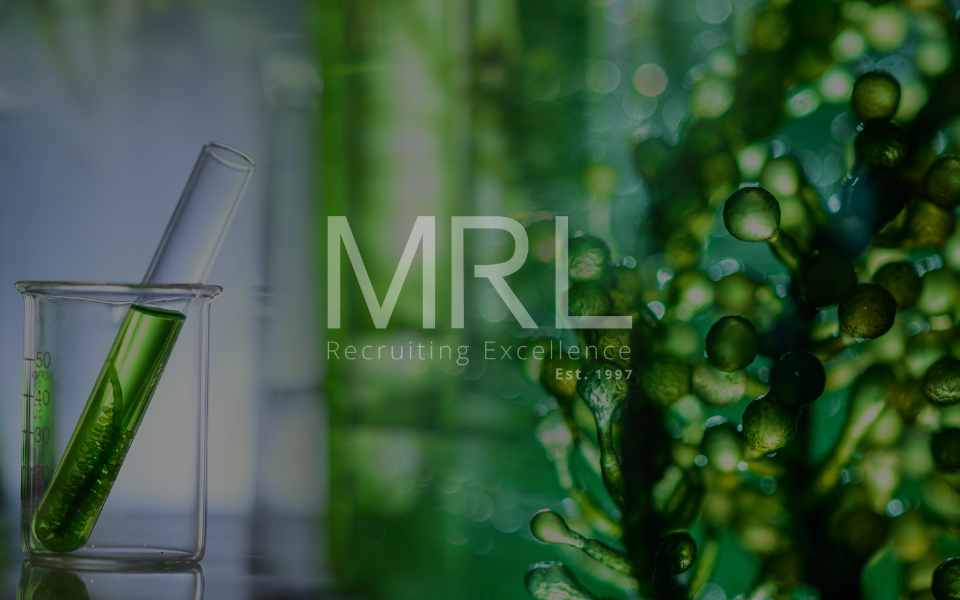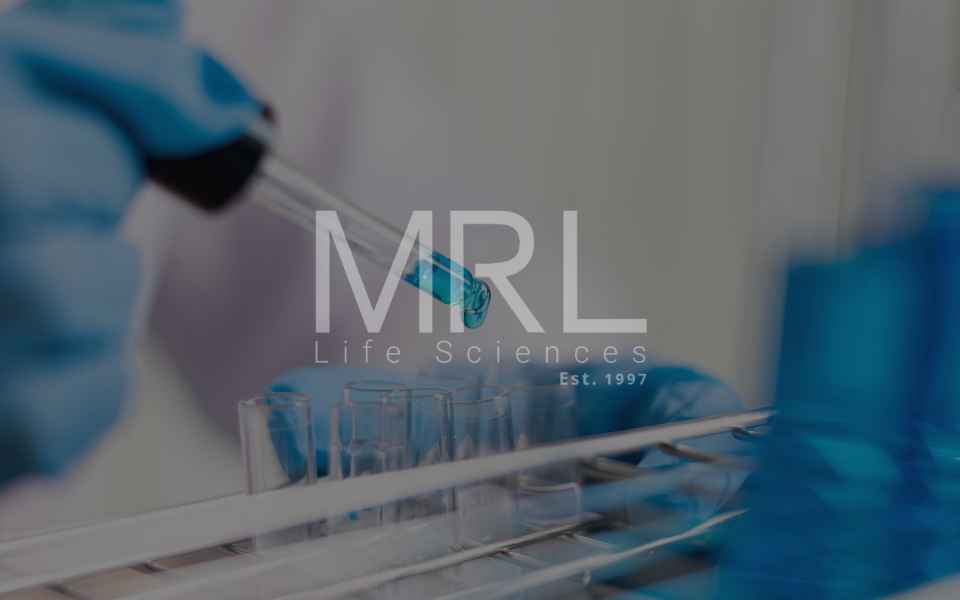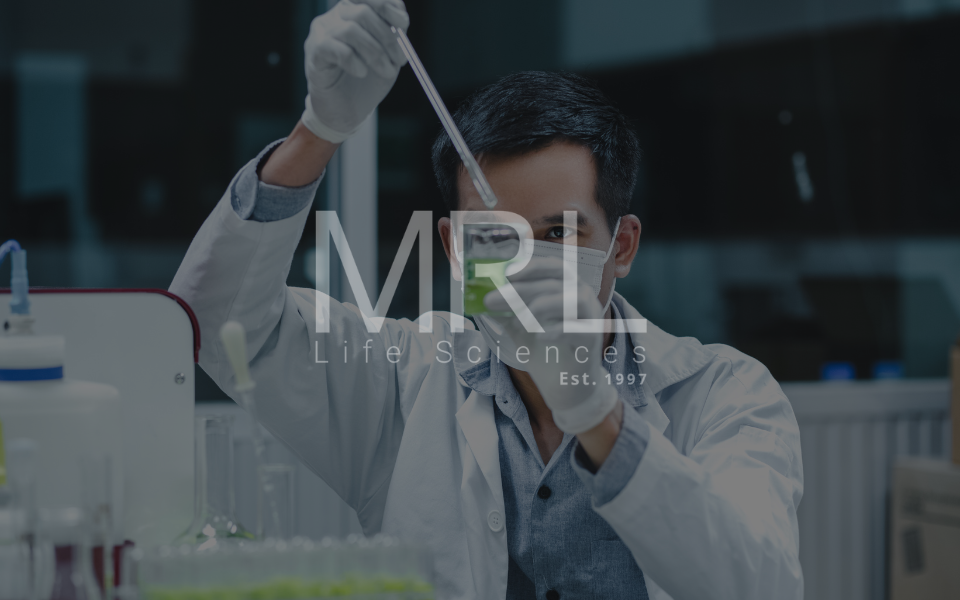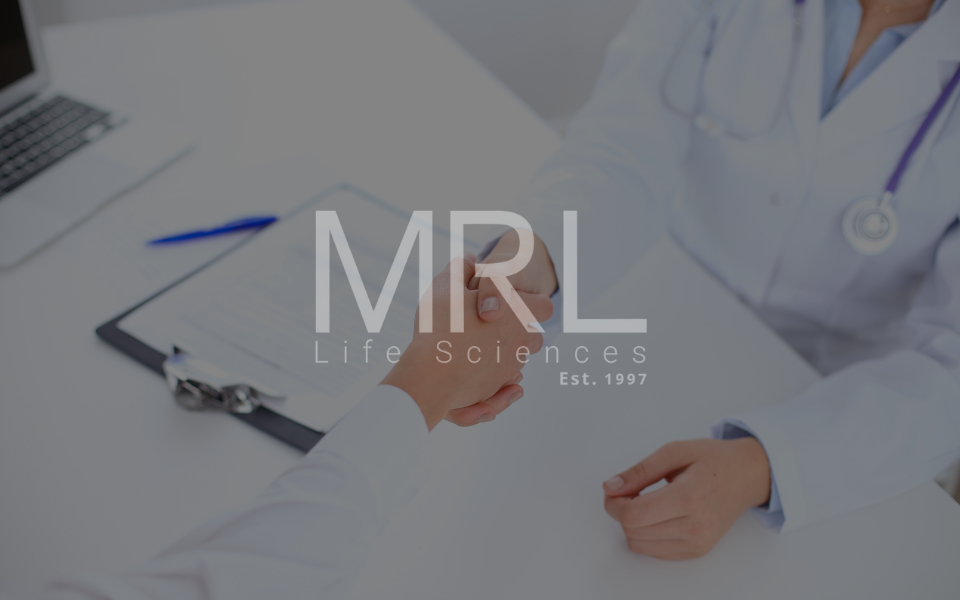Sustainability in Life Sciences: Careers and Industry Shifts
19 Dec, 20244 minsAs in every other industry, sustainability is becoming increasingly important in the life sc...

As in every other industry, sustainability is becoming increasingly important in the life sciences sector. With the pressures of climate change, resource depletion, and environmental degradation, something has to give. And yet, in core verticals, such as pharma, oncology, and biotech, any concessions to sustainability have to be implemented in such a way as to ensure that they don’t negatively impact productivity or innovation. Consequently, the drive to build sustainable practices into the foundation of the life sciences sector is creating new career opportunities, and prompting industry shifts.
Building Sustainability into the Life Sciences Sector
The key areas of focus for life sciences sustainability
There are three core areas of sustainable development currently being invested in within the life sciences sector. Environmental impact reduction, biomanufacturing, and green chemistry. The life sciences have traditionally been resource hungry. By embracing more sustainable practices, including the use of renewable resources, and lowering carbon emissions, the sector is reducing both waste and energy consumption. In fact, many of the biggest players in the industry, including Merck, AstraZeneca, GlaxoSmithKline, and Pfizer, have committed to carbon neutrality by 2050. To support this, some companies are adopting circular economy principles, focusing on reusing and recycling resources. While the development of green chemistry and biotechnology processes are being used to help reduce the environmental impact of chemical processes – something that is particularly relevant in the pharmaceuticals sector.
These changes are generating a range of opportunities within the sector.
New and emerging opportunities in life sciences sustainability
For anyone looking to move into the life sciences sector, sustainability is bringing plenty of opportunities.
· Environmental scientists and engineers are needed to design and develop sustainable processes.
· Sustainability managers and officers are required to implement the sustainability strategies and processes most suited to their vertical and their facility.
· Green chemists and biotechnologists are leading innovation in chemistry and biotechnology, helping to build the foundations of the new sustainable infrastructure.
· Sustainability consultants are being brought in to support life sciences companies assess and optimise their environmental impact and create the best initiatives to enhance sustainability without impacting productivity or compliance.
· Independent consultants are being hired to assist life sciences companies with sustainability, helping them work within their budget and adhere to regulatory standards.
· Data analysts and life cycle assessment (LCA) specialists are enabling organisations to evaluate the environmental impact of products from development to disposal, aiding decision making.
· Regulatory affairs specialists are needed to provide insights into sustainability regulatory compliance for both products and processes.
Each of these roles is playing an increasingly important part within the life sciences sector. And as the emphasis on sustainability continues to grow, we’re likely to see greater demand for all of them, whether in clinical development environments or drug safety facilities.
What will this mean for the life sciences sector?
In the immediate term, all branches of the life sciences sector are likely to experience challenges in meeting sustainability goals. There will inevitably be cost implications, and technological innovation is often slow. Regulatory compliance may also be challenging in an evolving industry. But progress is already being made. Germany-based pharmaceutical manufacturer, STADA, has reduced its greenhouse gas emissions by 16.5% since 2020. Pfizer has announced a strategy to achieve a net-zero standard in the next 15 years. And Merck has been focused on green chemistry since 2017. And according to Ey, various studies have shown a positive correlation – or at least a non-negative relationship – between financial performance and adoption of sustainability goals linked to the environment, society, and governance. Showing that sustainability can also be a source of value and opportunity.
Are you looking for a role in sustainability and/or life sciences? Find out how MRL can help.





